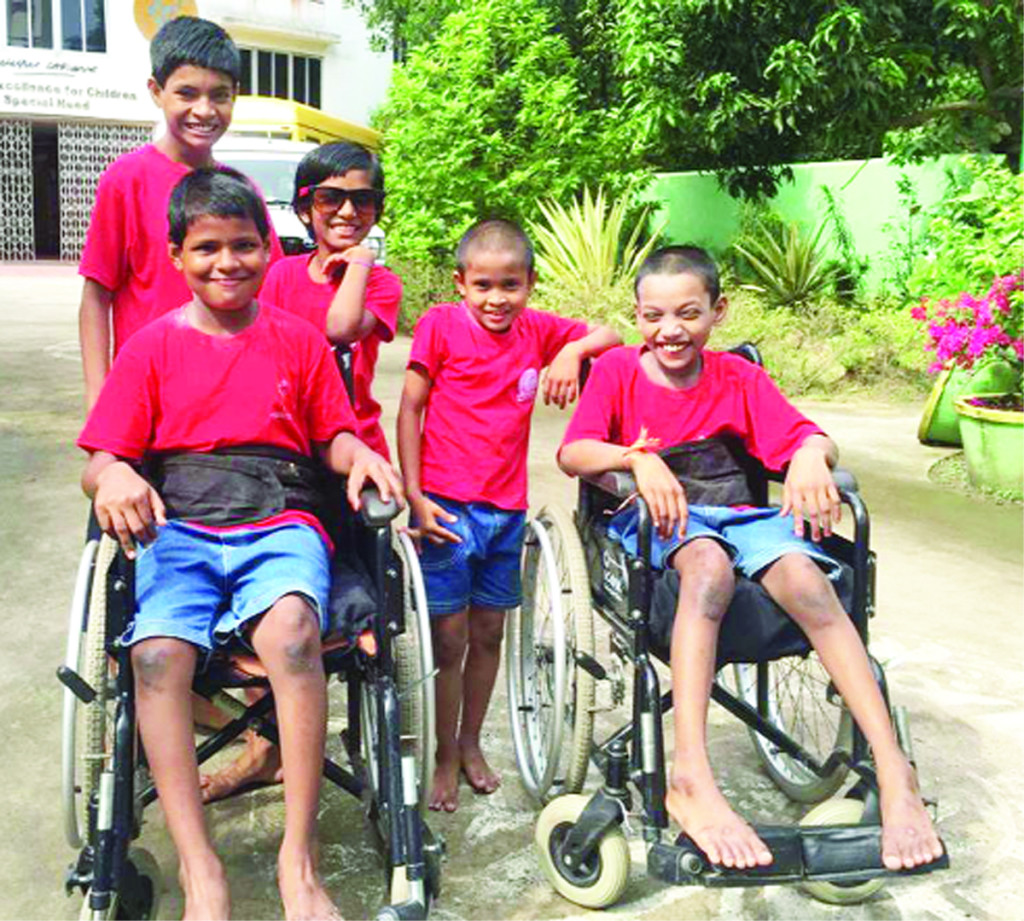Employment opportunities for persons with disabilities in the private sector have improved dramatically in the last ten years, especially in the major metros with companies seeing the business value in hiring persons with disability. The trust build by providing good employable products to companies paid off. Companies growing at a meteoric pace have found a huge supply gap and hence some have started looking at persons with disability as a steady source of supply. NGOs specialized in disability mainstream training institutions and social enterprises are now skilling and enabling employment for more persons with disability in two tier cities and districts as well. Collaborations with companies for specific domain and Job training has helped deliver. Better quality candidates have found this a win-win situation to build a pipe line of suitable candidates for their forecast demand .Skilling initiatives which have focused on parent development have proved more sustainable in the long run. Parents do not believe their children face the harsh realities of life and employment. Hence despite their economic needs, they protect their children with disability from anything, such as travelling far, working in shifts or working with targets, Skilling has happened primarily in growing sectors such as retail, hospitality, IT, ITES, garments, textiles and banking, self employment. Skill training has been successful in growing areas and other geographic specific growth areas, the skill council for persons with disability has been formed to take the skill policy forward. Hence the situation in India is ripe for persons with disability to be part of the economic work force. We need to capitalize on the successful models for persons with diverse disabilities, with special focus on severe physical and mental disabilities and by giving equal importance to all forms of employment across geographic. We also need to capitalize on existing quality infrastructure such as the more than 600 rural self employment institutes, which can be used for self employment training. Specialized curriculum for different self employment opportunities need to be created . There is an urgent need to have qualified trainers with disability, who will act as role models and train persons with disability. In the last ten years more than 273 job roles across 26 sectors have been opened up for persons with different disabilities by identifying solutions and their environment which will enable them to work effectively. More jobs need to be opened up by finding solutions for persons with severe disabilities.
As per census in 2011, the number of persons with disabilities in India constituting 2.21 percent of the total population is 268.14 lakhs. The highest number of people with disabilities have locomotors (54.37) followed by hearing impairment (50.73) and visual impairment (50.33). The changing focus among professionala in the field of disability rehabilitation today is on the rights of disabled persons, equalization opportunities and their integration in mainstream society. It has now been officially recognized that people with disabilities are human beings with all the economic, emotional, physical, intellectual, spiritual, Social and Political needs that other people have though we have come a long way . We still have much to do to ensure an inclusive barrier-free and rights based society for persons with disabilities by empowering them.
The demands for social inclusion are infact, a protest against the oppression that society has been exercising. It is important to put end to victimization and exploitation. Removal of above said various barriers is the key to empowering people with disabilities, and giving them the opportunity to exercise their responsibilities as citizens at home, in the community and at work place, it is time to end the culture of dependency and low expectations and move towards a society in which we invest in people with disabilities ,empowering and supporting them to participate and be included, tackling these barriers is not a matter for government alone but people with disabilities themselves. Employers , health professionals, educators, local communities and providers of goods and services, all have a key role in improving the life chances and adequate social inclusion for people with disabilities.
Empowering the person with disability should be the main focus and bringing about different management strategies could be the corner stone for working effective with this segment of our society . But the need of a culturally competent model is an essential part and should be seen as a best practice approach. This would definitely bring about positive changes in dealing with this segment of population. Moreover, there is generally no agreed or preferred professional method of managing disability issues and defining the role of caregivers. However, it is suggested that understanding the situation as it arises and using integrated approach based on the individual need and circumstances, should be the only concern at the moment.
Article Credit:-Daily Excelsior

